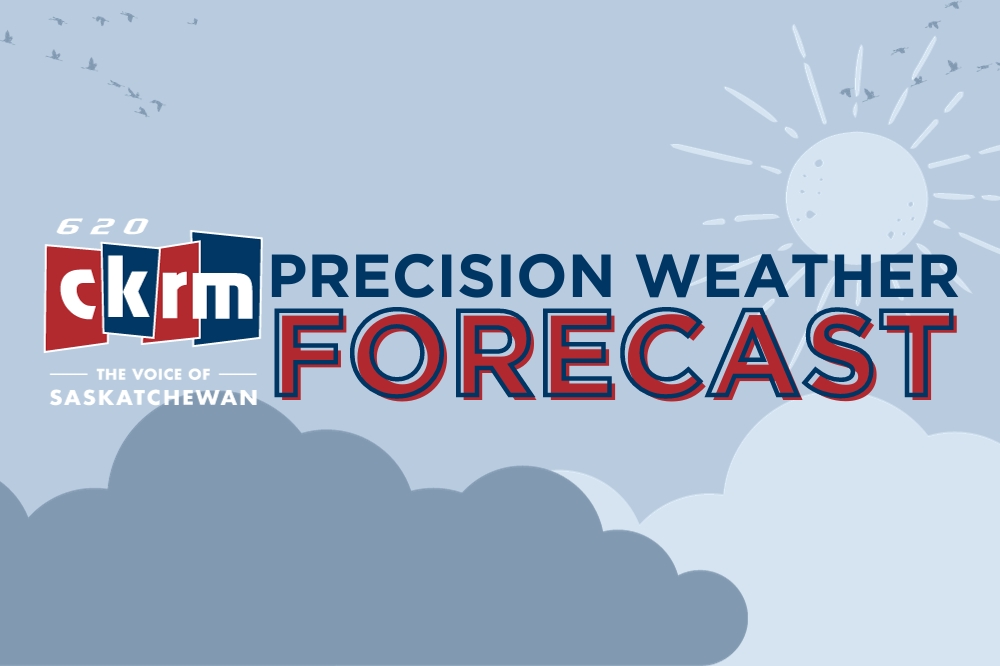Thousands of teachers from across the province braved the bitter cold to hold a one-day strike to demand the Government of Saskatchewan return to the bargaining table to discuss working and learning conditions in publicly funded schools.
Samantha Becotte, the President of the Saskatchewan Teachers Federation, said teachers are taking a stand against the government to let them know that they must take public education seriously.
“They want to minimize these negotiations down to one issue around salary, and that is a complete misrepresentation about the facts at the table. We are fighting for supports around students’ learning conditions,” she said. “We want to ensure that they have all of the professional needs or professional support in schools so that they can be successful right from their kindergarten years to their Grade 12 years.”
“We’re ready to go back to the table at any point when they’re willing to make those long-term commitments,” Becotte stated.
Becotte was joined not only by teachers from across the province but also by Canadian Teachers’ Federation President Heidi Yetman to hand-deliver over 3,300 letters to the legislative offices of Premier Scott Moe and Minister of Education Jeremy Cockrill. The letters were submitted from teachers and parents across the province, describing critical issues such as class size and complexity and what the government must do to address them.
“If we improve class composition, we improve learning conditions for students. This is why teachers in Saskatchewan are out on the streets today: to make sure that every student in this province gets the education they deserve. An education that will prepare them for the modern world” says Yetman. “It astounds me that the Government of Saskatchewan refuses to negotiate workload and class complexity. Collective agreements across this country include language on workload, class sizes and class composition, and yet, the collective agreement in this province contains no such language. This is unacceptable.”
While Becotte and the union have outlined class complexity and class size as top issues, Education Minister Cockrill said his government is not interested in negotiations.
“That’s a line in the sand for government that we’re not going to be moving on. We believe that issues around classroom size and complexity are best dealt with by school divisions,” he said. “The union’s request is basically to take that away from locally elected school boards, which we don’t believe is in the best interest of education from a big picture.”
Cockrill said that the union’s ask around classroom complexity is something other than what he anticipates his government will move on.
“I think the salary ask is unreasonable and unfair to Saskatchewan taxpayers. There are other issues that the teachers’ union has raised that I’m actively taking a look at and seeing how we may be able to adjust our bargaining mandate to find common ground,” he said. “There are some lines the government won’t cross in terms of positions on a couple of issues, and I think those are reasonable positions, though the teachers’ federation may feel differently.”
Yatman said the Saskatchewan government says class composition and complexity are issues that can’t be negotiated, but that’s different in many other provinces.
“I’m a teacher from Quebec. I taught for 23 years, and in Quebec, we have language in our provincial collective agreement on class composition, class size, and workload,” she said. “It’s essential for a teacher to have language on class composition, and it astounds me that this government refuses to negotiate class complexity and class sizes.”
Regarding Cockrill’s comments about class complexity and class size being the responsibility of the school divisions, Becotte agrees but believes teachers still have a role to play.
“We agree with the minister’s comments that these decisions should be made at the local level, but they need to be made in consultation with teachers because teachers are the ones on the front lines who know their students best and know their student’s needs and what supports that they need most there and need a long-term commitment.”
She said the government needs to stop pointing the figure at school divisions but instead at themselves.
“The government continues to point at school boards as the ones to make the decision, but they’re the ones who are setting budgets. The provincial government is the one setting budgets and restricting local school divisions’ ability.”
Regarding another strike in the future, Becotte didn’t take it off the table but said that “it’s completely up to the government” to prevent another strike.









